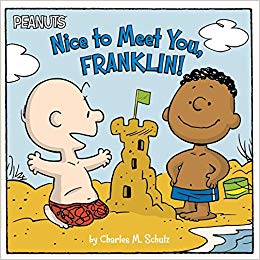Disc 2 Track 1
In 1994, Brian Henneman (probably) could have joined Wilco as it phoenixed it way out of the ashes of Uncle Tupelo. He chose not to (assuming it was actually a viable choice), and why not? His own band was really taking off.
The Brooklyn Side sounds exactly like what it is: a natural continuation of The Bottle Rockets, but with more budget to spend on studio time and better gear. Recorded at Coyote Recording Studio in Brooklyn (the album’s title appears to come from the climactic line of “Sunday Sports,” but there’s kind of a chicken-and-egg question lurking here) in 1994, Brooklyn catches the band in the same form as their first album, just a bit more polished and better produced. The collection of demos on the combined reissue makes it sound like many of the songs come from the same creative burst that populated the first album.
Continue reading Welfare Music
